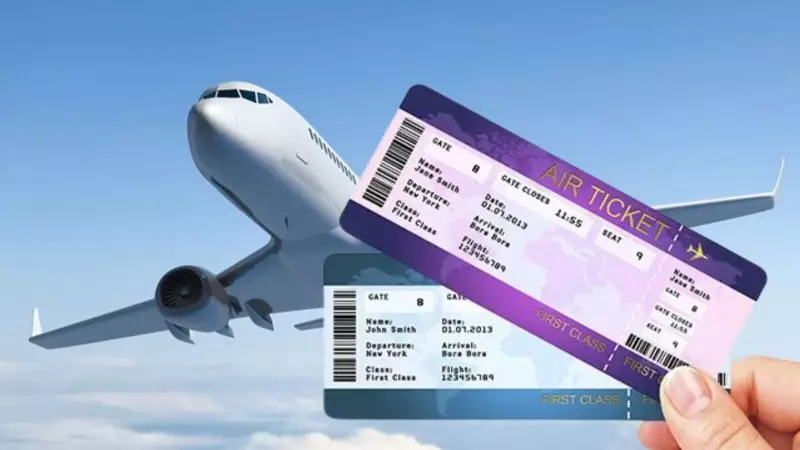
In a significant move that could revolutionize air travel in India, the Directorate General of Civil Aviation (DGCA) is considering a major policy change that would provide substantial relief to millions of air passengers across the country.
What the New Proposal Entails
The proposed regulations would allow travelers to cancel or reschedule their flight tickets without any financial penalty within the first 48 hours of booking. This groundbreaking change would apply regardless of how far in advance the flight was scheduled, marking a dramatic shift from current airline practices.
Current Challenges for Air Travelers
Under existing systems, most Indian airlines impose hefty cancellation charges that can range from 30% to 100% of the ticket price, depending on how close to the departure date the cancellation occurs. Many carriers also offer lower-priced tickets with strict "no cancellation" or "no refund" policies, leaving passengers with limited options when plans change unexpectedly.
The Global Context
This proposed change would bring India in line with international standards practiced in several developed aviation markets. Many countries already mandate cooling-off periods or flexible cancellation windows, recognizing that travel plans can be fluid and passengers deserve reasonable protection.
Potential Impact on the Aviation Sector
The new rules could significantly enhance consumer confidence in air travel, potentially encouraging more bookings as passengers feel secure knowing they have a safety net for unexpected changes. Industry experts suggest this could lead to:
- Increased transparency in airline pricing
- Enhanced passenger trust in booking systems
- More competitive airline offerings
- Reduced consumer complaints and disputes
Next Steps and Implementation
While the proposal has generated significant excitement among consumer rights advocates, the DGCA is currently gathering stakeholder feedback before finalizing the regulations. Airlines, travel agencies, and consumer groups are all providing input to shape the final policy framework.
The aviation regulator aims to strike a balance between passenger convenience and airline operational realities, ensuring that the new system benefits consumers while remaining practical for the industry to implement.
This potential policy shift represents one of the most passenger-friendly developments in Indian aviation in recent years, signaling a new era of consumer-centric air travel regulations that could make flying more accessible and less stressful for everyone.






